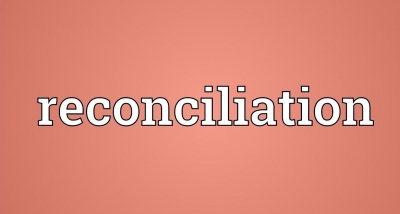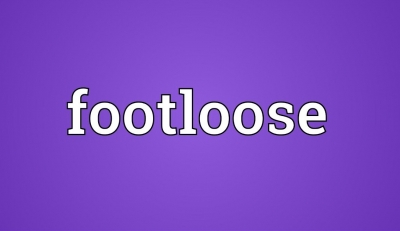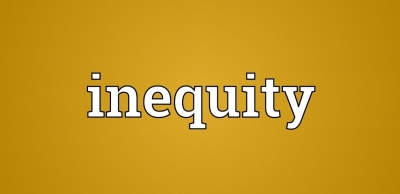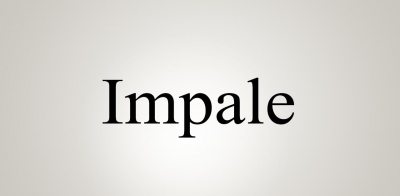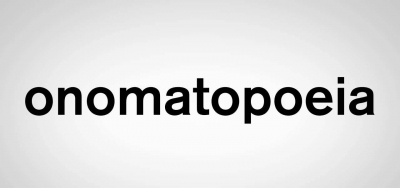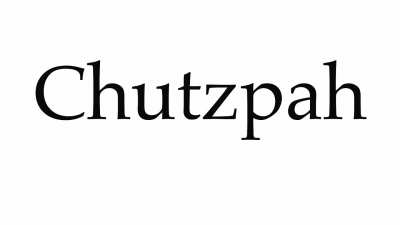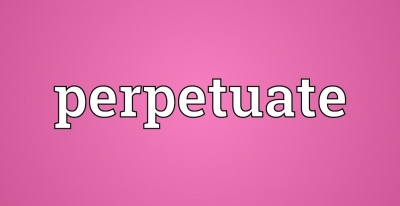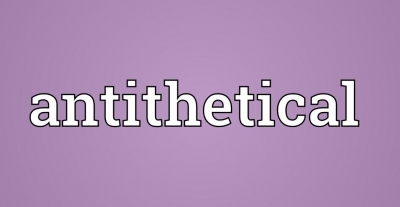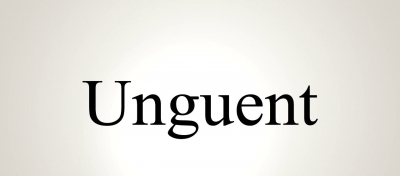What are the meaning, origin and usage of the word prescience?

Prescience
As a noun, the word 'prescience' means knowing something before it happens. It is similar to foresight.
Origins
"Science" is derived from the Latin verb 'scire', which means "to know". It is the source of many English words such as omniscience and conscience. "Prescience" comes from the Latin verb 'praescire, which means "to know beforehand."
Examples:
1. Charles Darwin's prescience as a scientist is remarkable.
2. George Orwell showed keen prescience in "1984".
Picture Credit : Google
